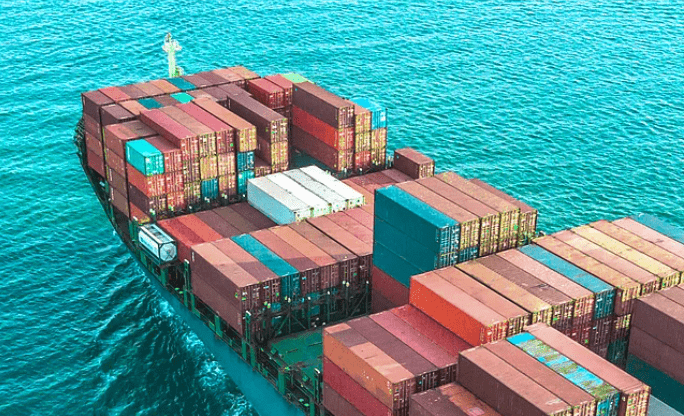ArcelorMittal Shipping (AM Shipping) arranged the transportation of approximately 54.90 million tonnes of raw materials and around 9.97 million tonnes of finished goods in 2020.
In general, AM Shipping provides ocean freight solutions to ArcelorMittal affiliates and manufacturing affiliates.
In addition, AM Shipping determines profitable and timely approaches to the transportation of raw materials, such as iron ore, coal, coke and scrap, and semi-finished and finished goods.
AM Shipping is responsible for providing shipping services to ArcelorMittal sales organizations.
It also provides complete logistics solutions from plants to customer locations using various modes of transportation.
AM Shipping
The key objectives of this affiliate are to ensure profitable and timely shipping services to all units.
AM Shipping acts as the coordinator of the company’s joint venture with DryLog, a Monaco-based shipping company.
Maritime cargo
According to ArcelorMittal, the dry bulk market experienced its weakest year in 2020 since 2016.
The average Baltic Dry Index (BDI) stood at 1,066 points in 2020 compared to 1,352 points in 2019 (1,352 points in 2018).
Meanwhile, measured in dollars, the Capesize index decreased 27% year-on-year, to an average of $ 13,073/day in 2020 compared to $ 18,025/day in 2019 ($ 16,529/day in 2018).
Similarly in dollars, the Panamax index decreased 23% to an average of $ 8,587/day compared to $ 11,112/day in 2019 ($ 11,654/day in 2018).
In 2020, at the size of the cape, a total of 104 vessels or 23.4 million dwt were delivered, 45 vessels were dismantled or 10.6 million dwt compared to 2019 when 79 vessels were delivered or 18.8 million dwt (52 ships or 14.4 million dwt in 2018).
Panamax in 2020 had total deliveries of 148 ships or 12.2 million deadweight delivered and 0.8 million deadweight dismantled compared to 2019 with 134 ships or 11.1 million deadweight delivered (5.5 million deadweight in 2018).
Lastly, fleet growth across all segments was moderate, around a 3.8% increase with the order book and around 6% with the existing fleet compared to a 4.1% increase in deadweight terms in 2019 (2.6% increase compared to 2018).
![]()

